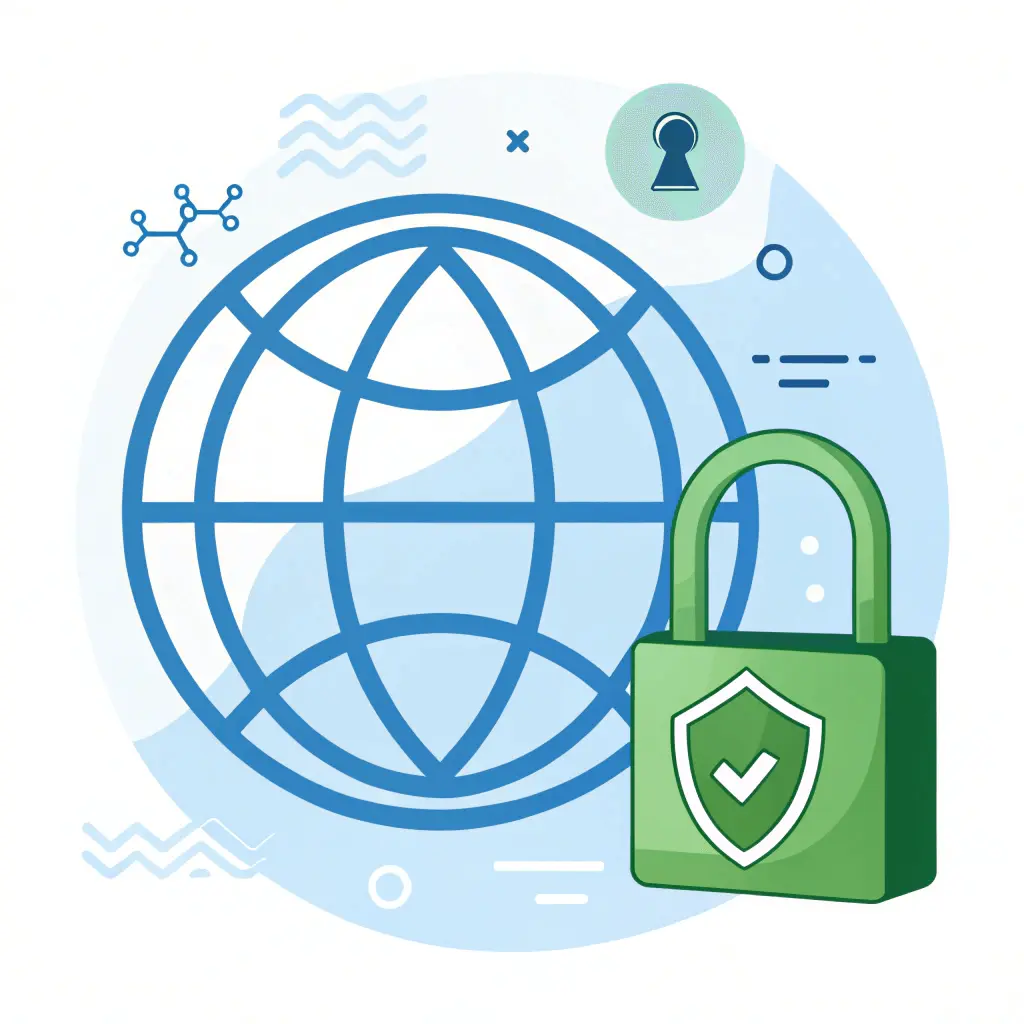Users that know a lot about technology spend a lot of time tweaking their gear, keeping an eye on how well their systems operate, and making their networks work better. There are a lot of things that people talk about when it comes to current computers, such benchmarks, thermals, and latency. But online privacy and security are just as vital. If you construct your own computers, try out different software stacks, or need to know exactly how your network is working, it’s more crucial than ever to know how a VPN fits into the picture.
One of the most accessible on-ramps into VPN technology is a free VPN. These services provide a risk-free way to try encrypted connections and location-shifting benefits. You don’t have to put money down ahead of time. Setting up and testing a VPN is a natural next step for anyone who are acquainted with BIOS settings or assembling drivers from source. A VPN works well on Windows, macOS, and Linux. It fits smoothly into any system, even if you run several OSs with virtualization. A VPN offers many benefits. You get better security and access to more content.
A VPN (Virtual Private Network) establishes a safe tunnel between your device and the internet. No one, not even ISPs, network management, or bad individuals, can see what you’re doing on a public Wi-Fi network. All data that goes via this tunnel is encrypted. This means that both players and streamers may go to servers more safely and that some types of throttling will happen less often. For developers or power users, it implies that they may access sensitive internal tools, APIs, or SSH sessions remotely with better secrecy.
Tom’s Hardware readers who push the limits of performance will appreciate that VPNs don’t necessarily mean compromising speed. Using a VPN server can add some latency. However, many VPNs let you choose protocols and advanced routing. This can actually make some connections more stable. VPN tunneling could be helpful for users who are dealing with ISP packet shaping, for instance. It can help keep bandwidth stable, especially while doing things like backing up to the cloud, sharing files with others,chapters, or using services housed on your own server from a distance.
VPNs give another layer of security for those who test hardware or software in virtual machines or sandboxed environments. You may launch distinct VPN instances in each VM, which gives each instance its own IP address and tunneling behavior. This helps with privacy testing and simulating regional traffic. It also shows how websites and services work under different network conditions.
The mobile side of VPN usage has also matured rapidly. With efficient VPN apps now available for both Android and iOS, the protection doesn’t end at the desktop. A mobile VPN app can do several useful things. It can auto-connect when you join new networks. It blocks tracking domains. Also, it allows split-tunneling. This manner, you may improve performance without putting your crucial connections at risk. People who use their phones as second screens or remote terminals, or who often tether or hotspot, may get the same benefits from a VPN without losing speed or usefulness.
VPNs are also becoming more important for managing cloud services and controlling who may access them. Many self-hosting enthusiasts use VPNs to create secure private networks between their home server and remote devices. Some are using VPNs with firewalls. This helps limit access to only encrypted connections. It can also route specific traffic through remote endpoints. This way, users can bypass regional restrictions or censorship.
Once reserved for the most paranoid internet users, virtual private networks (VPNs) are now essential for everyone serious about taking control of their online experience. Virtual Private Network is the abbreviation for this.If you like technology, you should use one. A VPN will give you more freedom and control if you want to improve your GPU, run a custom ROM, or make sure your ping stays the same while you play online games.

